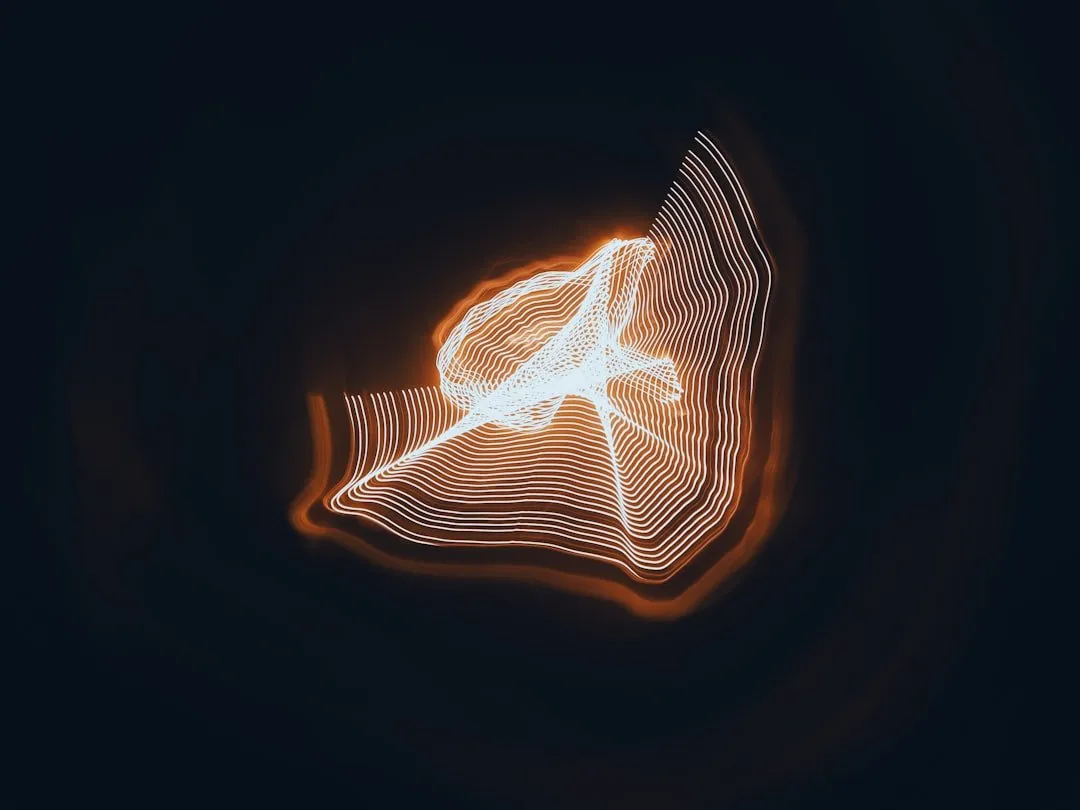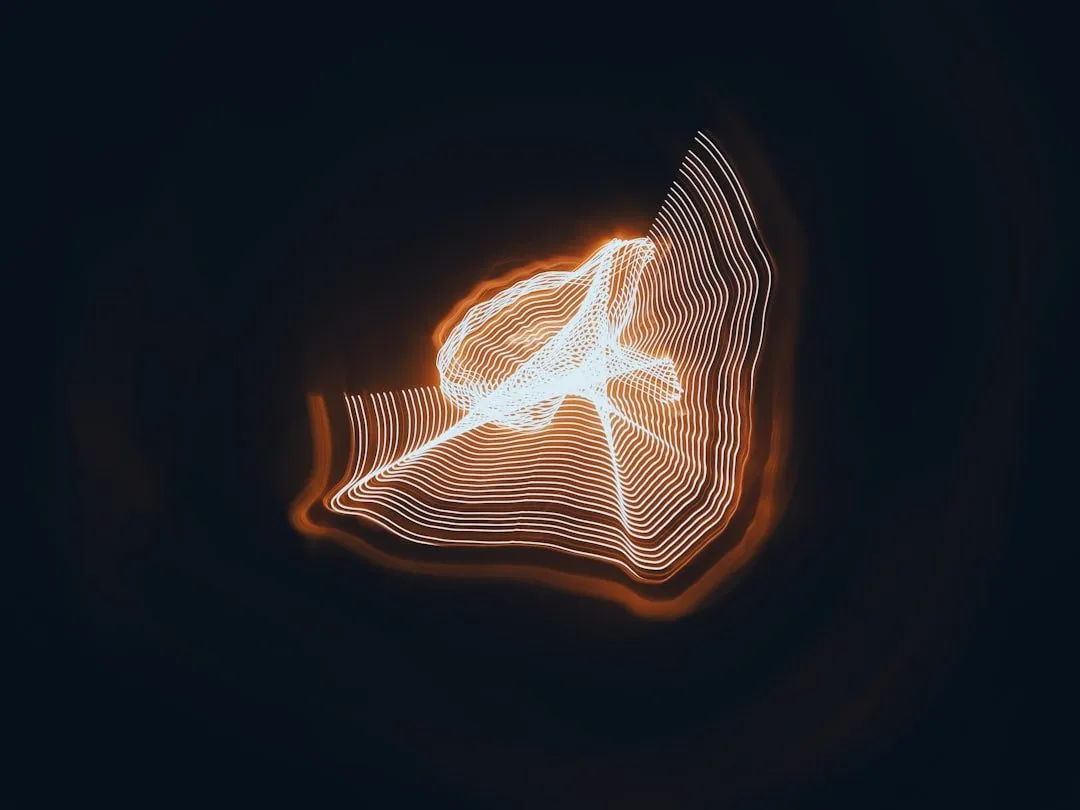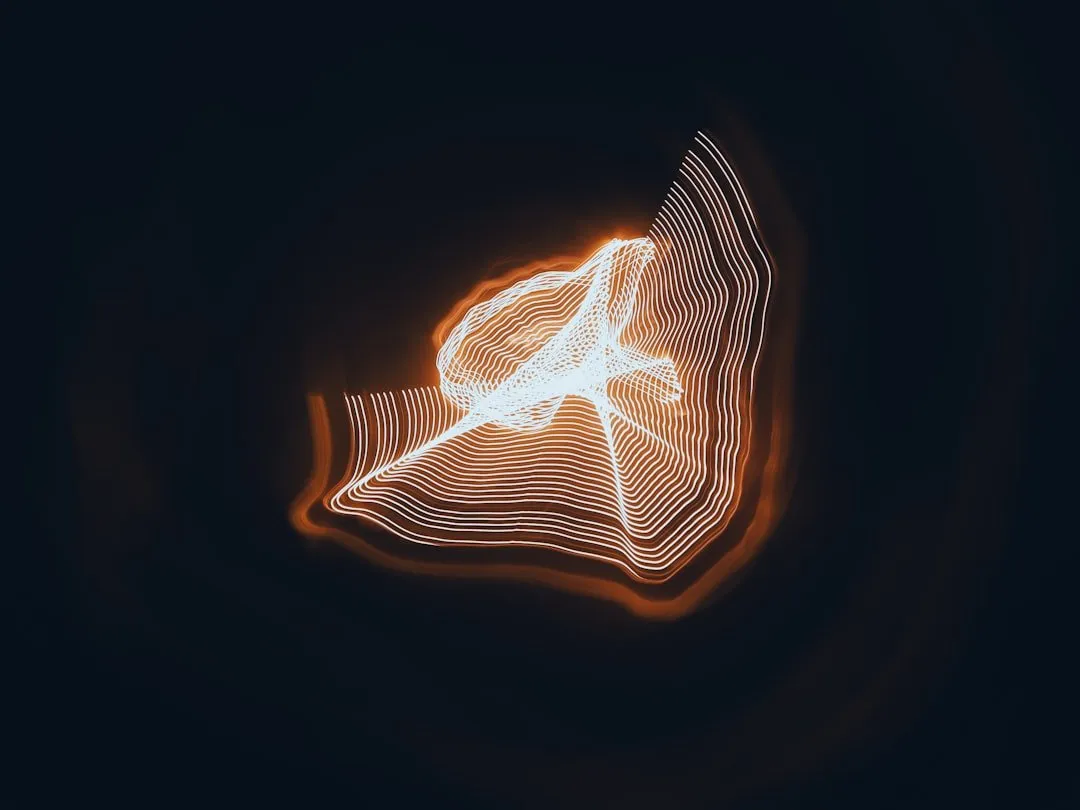Kratom's impact on sleep isn't universal; effects vary based on individual reactions, strain, and timing. While some experience insomnia, others find it improves sleep. Responsible use, including moderating dosages and consuming earlier in the day, can mitigate potential sleep disturbances, allowing for both energy boost and quality rest. Alternatives to kratom for energy include natural boosters and adaptogenic herbs, paired with good sleep hygiene practices.
“Uncover the power of nature with our comprehensive guide to natural energy boosters, spotlighting kratom as a popular choice. Discover how this ancient herb, known for its stimulatory effects, can both enhance focus and disrupt sleep patterns. We explore the science behind kratom’s impact on rest, debunking common myths about its connection to insomnia. Additionally, we delve into other natural alternatives, offering a balanced perspective on achieving sustained energy without sacrificing sleep quality.”
- Understanding Kratom and Its Effects on Sleep
- Exploring Natural Energy Boosters: Beyond Kratom
- Insomnia vs. Kratom: Separating Fact from Fiction
Understanding Kratom and Its Effects on Sleep

Kratom, derived from the leaves of the Mitragyna speciosa tree, has gained popularity for its potential energy-boosting and mood-enhancing effects. While it’s often used to promote alertness and reduce fatigue, understanding its impact on sleep is crucial. Contrary to some beliefs, kratom does not universally cause insomnia. In fact, its effects on sleep can vary greatly depending on the individual and dosage.
For many users, kratom can disrupt sleep patterns, especially when consumed close to bedtime. The stimulant properties of certain kratom strains may make it harder to fall asleep or maintain uninterrupted slumber. However, others find that kratom helps them achieve deeper, more restful sleep. Moderation and timing are key; consuming kratom earlier in the day and adjusting dosages can help individuals harness its energizing effects without compromising their sleep quality.
Exploring Natural Energy Boosters: Beyond Kratom

While kratom is often celebrated for its energy-boosting properties, it’s important to remember that everyone experiences substances differently. For some individuals, kratom can cause insomnia or disruptions in sleep patterns due to its stimulant effects on certain brain receptors. To fully explore natural energy boosters, it’s beneficial to look beyond kratom. Other alternatives like caffeine from coffee or green tea offer sustained energy without the potential sleep side effects often associated with kratom use. Adaptogenic herbs such as rhodiola rosea and ashwagandha not only support stress management but also enhance mental clarity and focus naturally, providing a gentle yet effective energy lift throughout the day. Incorporating regular exercise, sufficient hydration, and quality sleep habits into your routine is also key to maintaining consistent energy levels without relying on any single substance.
Insomnia vs. Kratom: Separating Fact from Fiction

Kratom, a natural herb derived from the plant Mitragyna speciosa, has gained popularity for its potential energy-boosting properties. However, one common concern among users is its association with insomnia. The idea that kratom might disrupt sleep is not entirely unfounded, as some individuals may experience heightened alertness and difficulty falling asleep after consumption. But does this mean kratom always causes insomnia?
The truth lies in the fact that kratom’s impact on sleep varies from person to person. Many users report improved sleep quality and reduced insomnia symptoms when taking specific kratom strains or dosages. It’s essential to understand that kratom’s effects depend on various factors, including individual tolerance, strain type, and consumption timing. Responsible use, combining kratom with good sleep hygiene practices, can help mitigate any potential insomnia-related issues, ensuring users enjoy its energy-boosting benefits without compromising their rest.
Kratom has gained attention as a natural energy booster, but it’s essential to understand its effects on sleep. While some users report heightened energy, others experience disruptions, including potential insomnia. Comparing kratom with other natural energy boosters can provide clearer insights. Understanding the differences and risks is crucial before incorporating any supplement into your routine, especially if you’re dealing with insomnia. Remember that quality sleep is vital for overall health, and seeking professional advice is always recommended.














